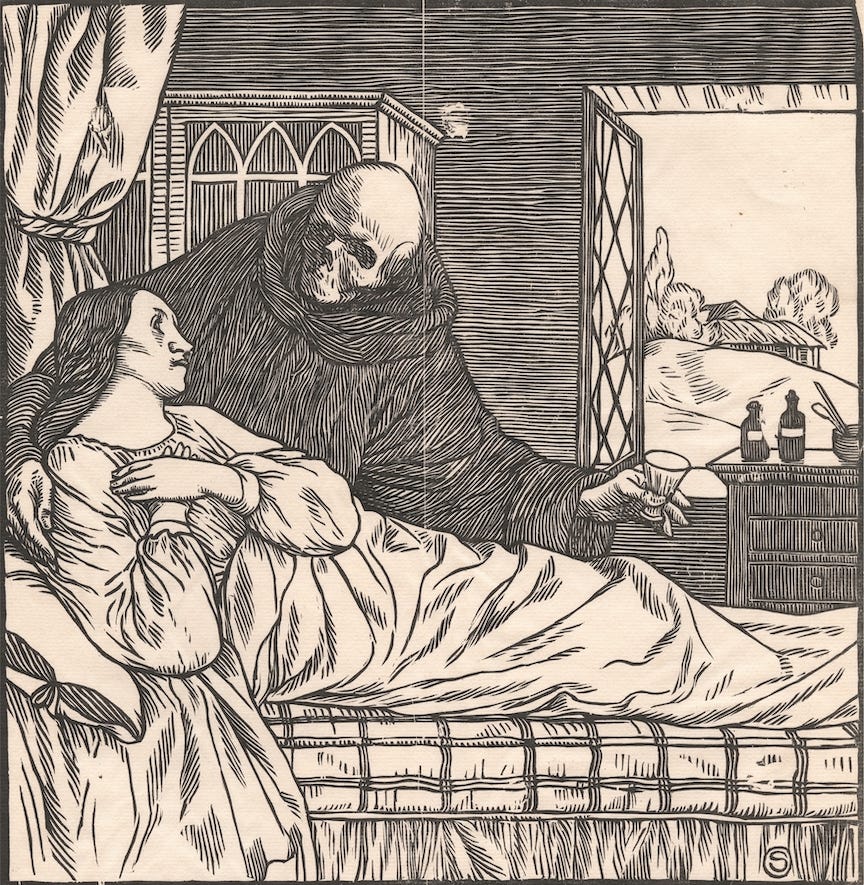Illinois House Bill 2399 is dead. This is good news, but not the end of the story for wineries.
There is no other way to characterize this bill than a piece of authoritarian overreach created and deployed on behalf of anti-shipping forces in the wholesale and regulatory community who want to see direct-to-consumer shipments of wine curtailed.
I was told by someone close to the process that HB 2399 is dead for the year and this is a very good thing. However, it’s bound to come back not only in Illinois but also in other states since it is being pushed in tandem by the Uniform Law Commission, which is walking hand in hand with wholesalers in an effort to curtail direct shipments of wine to consumers. The provisions of the bill are blatantly unconstitutional. But as we know, that simple fact has never stopped the wholesalers and other authoritarian rent-seekers from pushing dodgy policy.
Let me explain.
HB 2399 concerns fulfillment houses. The fulfillment house does no more than store producers’ wines, put wine in boxes when consumer orders are communicated to them, and queue the boxes up for the FedEx and UPS trucks to pick up. Fulfillment houses do business in the state they are located in. They do have title to wine. they do not own wine. They do not sell wine They do not ship wine.
HB 2399 would require an out-of-state fulfillment house to obtain a permit from the State of Illinois if any of the boxes of wine it prepares for a winery is shipped to Illinois. It would require them to submit reports on the wine they put in boxes and prepare for common carriers to pick up and ship to Illinois. It would put them under the legal and regulatory jurisdiction of Illinois—a state in which they do not reside and do not do business. It would allow Illinois to perform an audit of the fulfillment house’s documents at any time. And if Illinois believes an unlicensed fulfillment house in another state prepared a winery’s products for pick up by a common carrier for delivery to Illinois, HB 2399 authorizes the state to file charges against the out-of-state fulfillment house.
If a state like Illinois can assert jurisdiction over a business in California that does not sell anything to, ship anything to, or do business in any way with Illinois, but does do business with a California winery that ships wine to Illinois, then Illinois can assert jurisdiction over companies that sell corks, tee-shirts, barrels, boxes, or boots to that California winery on the premise that the winery sells and ships wine to a consumer in Illinois.
This idea was dreamed up by the Uniform Law Commission (ULC) at the behest of beer, wine, and spirit wholesaler trade associations. The ULC exists to draft model legislation that states can enact to harmonize their laws. In this case, the ULC bought into the wholesalers’ claim that state alcohol regulators can’t properly oversee direct shipments of alcohol, and greater enforcement measures were needed. The ultimate goal was to curtail direct shipments so that the small percentage of alcohol sales that don’t provide wholesalers with a profit (DTC sales) could be returned to the middlemen.
The model bill, named the Alcohol Direct-Shipping Compliance Act, is so blatantly unconstitutional, so emblematic of typical overreach by alcohol regulators, and so burdensome and dangerous for fulfillment houses and wineries that it should be no surprise that it was supported by primarily wholesalers and regulators.
In fact, that’s why the bill died in Illinois. No more than a single sponsor signed on to the bill. And when the House Rules Committee sought opinions on the bill from organizations and associations, not a single one came out in favor and a dozen came out against the bill. That’s how bad this bill is. That’s how bad an idea the ULC had when they wrote this bill.
But this bill will be back. It will likely be refiled in Illinois in a future legislative session. It will be filed in other states by lawmakers happy to do the bidding of the wholesaler trade associations that have the cover of the respected ULC.
If the various wine fulfillment house operating in California, Oregon, Washington, and other states are smart, they will form their own association with the sole purpose of working together to monitor states and actively oppose the same bill that will inevitably arise and threaten their business and their client’s business. Fulfillment houses have no allegiance to wholesalers or to out-of-state alcohol regulators and they would be smart to act that way.




